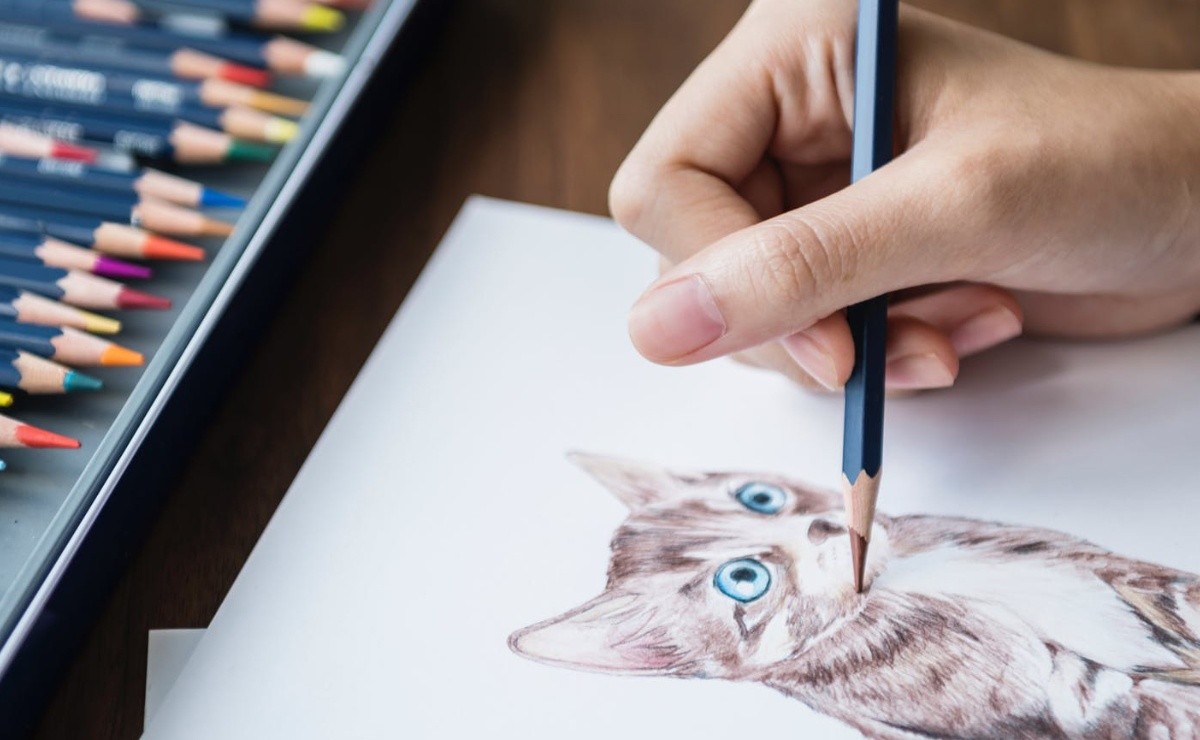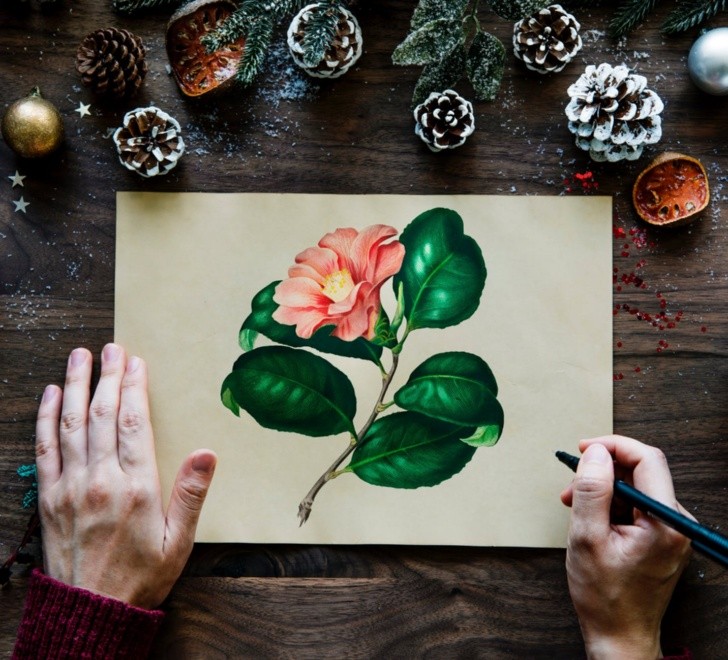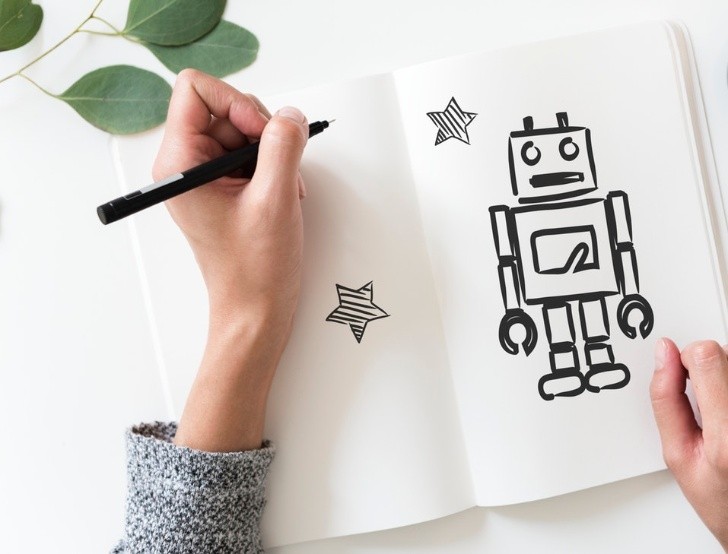
An experiment showed that using the technique of drawing instead of words to memorize is more effective
For those of you who enjoy drawing, you are going to love the following, as an important experiment showed that drawing helps us remember things better.
If you have a pen and paper handy, let’s do a little experiment: Imagine a cashew. Now take your pen and draw it, then place the drawing upside down somewhere where you can’t see it. We will return to it later.
That’s right, this is weird, I know. But it has its reason for being, I promise!
You probably already realized that this is a little memory game. There are countless memory tricks you can use to remember things, but the three-step technique of imagining something in your mind, drawing it with a pen on paper, and then viewing your drawing is a powerful memory trick that performs better than others. "Reliable" mnemonic strategies, according to a study published in The Quarterly Journal of Experimental Psychology.

"We first established in a way that this is something that people can do to improve their memory relative to the reference action, which is just writing things down," said Jeffrey Wammes, a doctoral researcher in the University’s Department of Psychology. from Yale and a co-author of the study. "Not only that, drawing improves memory more than a few other activities that have been touted as good mnemonic techniques in the past."
In the study, Wammes and her co-authors, Melissa Meade and Myra Fernandes, asked participants to write or draw specific words to remember in order to compare memory retention techniques. They found that when they remembered words, participants were much more likely to remember the words they drew than the words they wrote.
Okay so drawing a word helps you remember it. It is not very useful for everyday life.
However, upon further investigation, Wammes found that this works with definitions of words, pictures, as well as abstract thoughts and ideas.

"The effect is pretty much the same no matter how concrete or abstract the word is," he explained. "So far we have not found a set of stimuli that does not work," he said, adding that even when you only have four seconds to draw the concept you can still reap the benefits.
Wammes admitted that he is not yet sure why the effect of drawing something is so powerful and constant but, along with his co-authors, he has two theories.
In the 2016 publication, they wrote that the action of drawing things encourages "an efficient integration of the semantic, visual and motor aspects of the trace of a memory." In addition, Wammes said, imagining something and then physically drawing it forces us to focus on the aspects that define an object – for example, such as the differences between a tiger and a lion – which allows us to remember it better.
"Every time you add an additional form of processing to your learning abilities, you get a much greater benefit than stimulus naturally has," he said. "If you are reading a list of things to try to remember them, it will be much more difficult than if you are actively engaging with each item on the list."
There’s more: as our memory naturally degrades as we age, the benefits of drawing things can help us improve our retention of new information.
In a study published this year by Meade, Fernandes and Wammes, the memory of younger adults was compared with that of older adults in a series of tests. Similar to the 2016 study, subjects were asked to draw, write, and list the characteristics of a series of nouns. Young adults outperformed older adults in recalling concepts, but "drawing reduced the age-related differences."
In other words, drawing the things we want to remember can be a powerful technique to combat the natural deterioration of our memory, even better than writing them down or listing their characteristics and descriptions.
If this seems familiar to you, the idea of drawing things is in a certain way in the same framework as the concept of the “memory palace”. To, ahem, refresh your memory: this is a technique that "consists of associating ideas or objects that one seeks to memorize with memorable scenes imagined in well-known places, such as our house or on a route that we travel frequently."
Now, let’s go back to what I asked you to do at the beginning of the article. Without seeing, do you remember what was the word I asked you to draw?
Let me guess: the drawing is on your mind right now (and maybe you’re craving a snack).